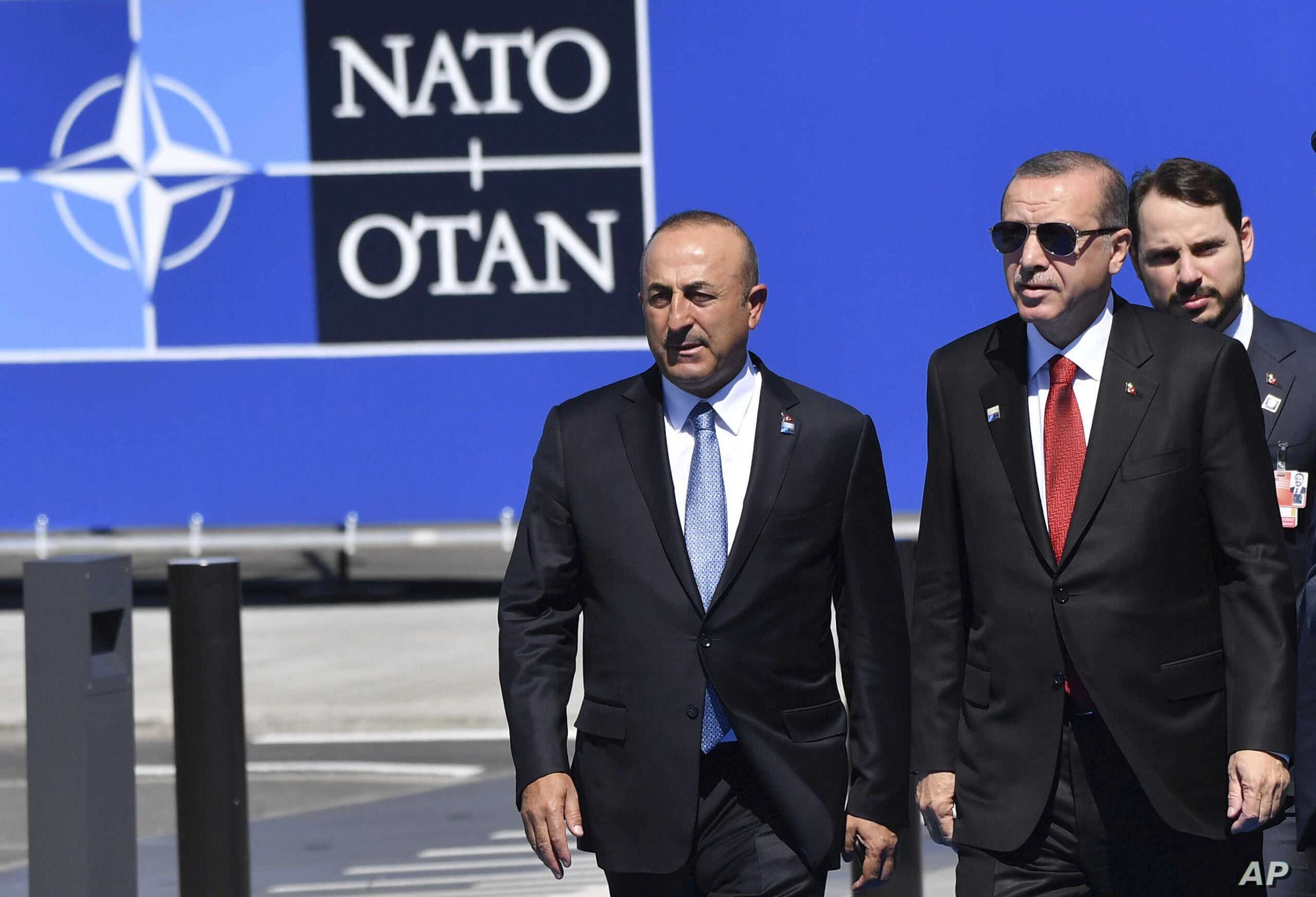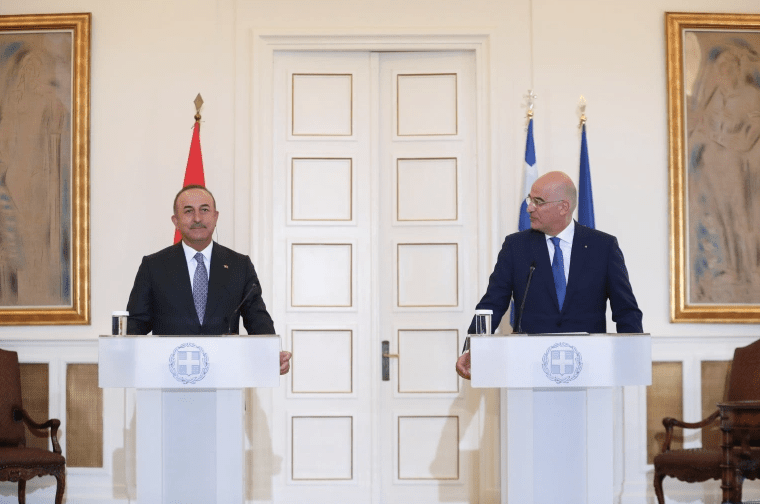
The upcoming summit of the 72 years-old North Atlantic Treaty Organization (NATO) is turning heads, worldwide, even in countries that are not members of the most powerful political and military alliance of our time. This week, on June 14th, leaders of the thirty member countries shall gather, in Brussels, under the flag of NATO, to discuss the future of their alliance and the role they can play in enhancing international security.
According to official statements by NATO Secretary General, on June 11th, the agenda of the one-day summit, covers enhancing collective defense, developing a new cyber defense policy, the common threats posed by Russia and China, and NATO members’ collective or unilateral influence on the ongoing military conflicts in different places in the world.
Yet, the most important interaction to watch, at this crucial and timely summit, is the side meetings of countries’ political leaders. This will be the first time most of these leaders meet face-to-face, after almost two years of social distancing and domestic economic and political struggles under the COVID-19 pandemic. This will, also, be the first time Joseph Biden joins the summit as the President of the United States. Hopes are flying high that Biden could bring the alliance back to a point of reason, and end the tensions and disagreements that had arisen among NATO allies, as a result of former U.S. President Trump’s impulsive actions and decisions.
The seventieth anniversary of NATO, in 2019, marked fiery statements that threatened the coherence of the alliance, itself. On one hand, Trump threatened to withdraw the United States from NATO, out of believing that the military alliance is a useless financial drain on the United States. He attempted to pressure other allies, especially from Europe, for not contributing enough to NATO’s operational and military spending. On the other hand, the French President, Emmanuel Macron, called NATO “brain dead” and warned European countries that they can no longer “rely on America to defend European NATO allies.”
A few months later, in the summer of 2020, an almost war-like conflict erupted in the eastern Mediterranean between the two NATO allies, Turkey and Greece. The conflict opened the door for undesired military interventions by regional and non-regional states. The heated tensions, which lasted for about five months, created unprecedented clashes between the French and the Turkish presidents. Macron led a call, with other European leaders, to expel Turkey out of NATO and for the European Union to impose economic sanctions on Turkey.

Turkey’s strains with NATO are not only limited to European allies, but also included direct confrontations with the United States. A few weeks before Trump leaves office, on December 14th, his administration announced imposing CAATSA sanctions on Turkey’s military industrial operations and personnel. The reason is Turkey’s procurement of the S-400 missile defense systems from Russia. In reaction to the US decision, Turkish Defense Minister, Hulusi Akar, said that “the U.S. did not only sanction Turkey, but is also sanctioning NATO, as CAATSA will affect our work as a team.” As a double punishment on Turkey, one month after Biden took office, in February, the Pentagon issued a decree to keep Turkey out of the F-35 program.
When Erdogan meets NATO, this week, it is going to be tough. Some analysts called Turkey, “the elephant in the NATO’s room,” hinting that Turkey is a heavy weight that the alliance should put down to act better. However, the facts on the ground says otherwise. Despite the many iniquitous decisions of the Turkish president, the unprecedented growth and expansion of the Turkish military, under the command of Hulusi Akar, is making it impossible for NATO to do without Turkey.
On the margin of the summit, the Turkish President Erdogan is scheduled to sit one-on-one with the French President Macron and the American President Biden. It would be interesting to watch if Erdogan, within only a few hours, can fix the political mess created over three years, and eventually get his country freed from the pressures leveled by Europe and the United States.

Leave a Reply